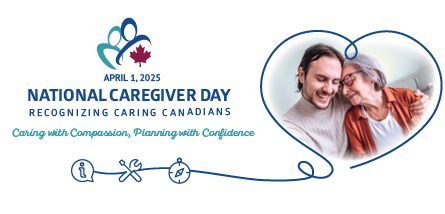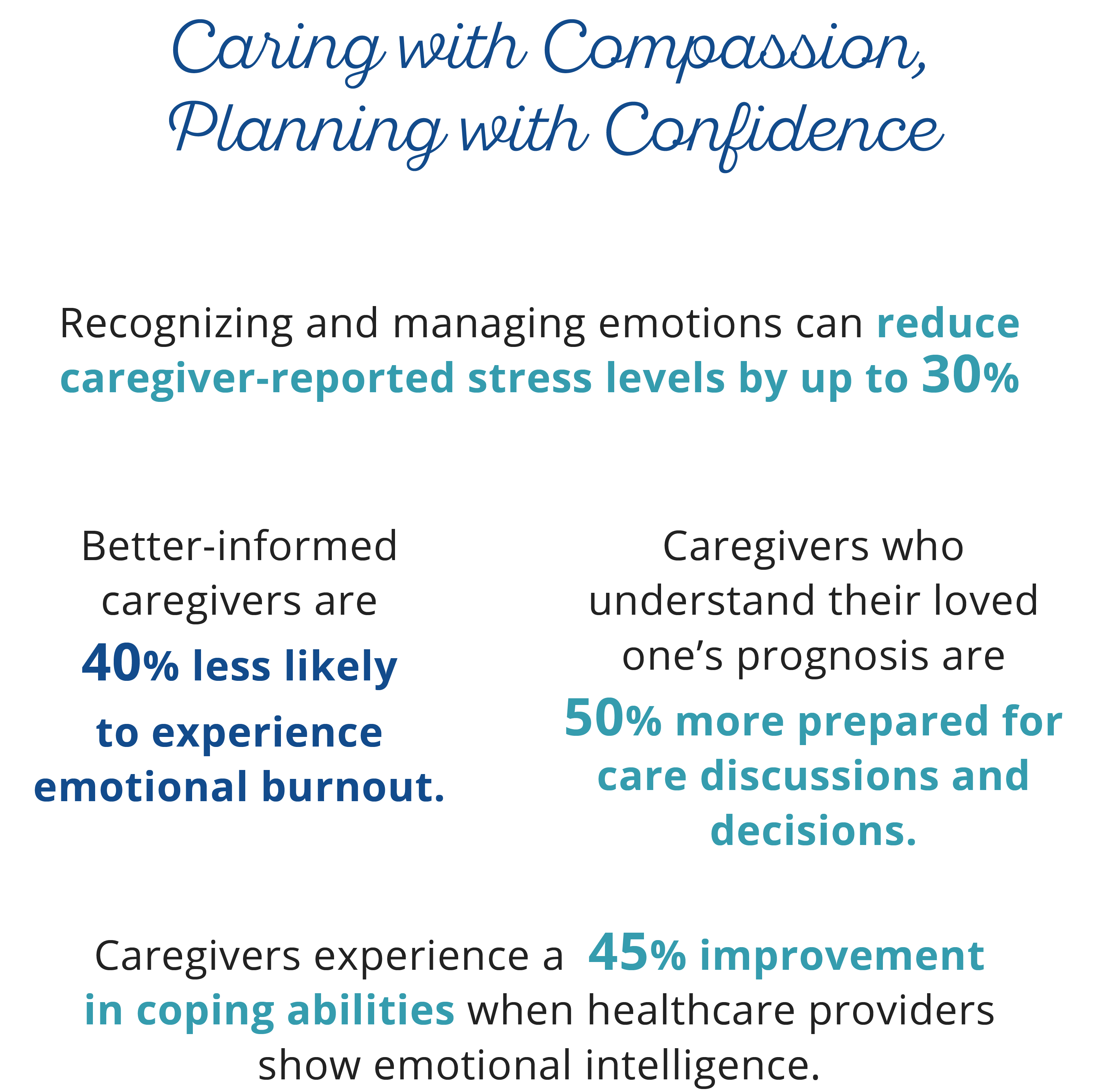FEATURE WEBINARS
On April 1, Carers Canada hosted three engaging webinars focused on empowering caregivers and strengthening home-based palliative care. Experts and caregivers shared insights on navigating uncertainty, enhancing provider competencies, and scaling best practices. Participants learned about emotional intelligence, structured planning, and real-world solutions for caregivers and healthcare providers.
Navigating the Unknown: Challenges, Solutions, and Optimism
A panel discussion featuring Dr. Lester Krames (family caregiver), Katy Mol (Practice and Quality Consultant, VON Canada), Susan Doucette (Provincial Palliative Home Care Clinical Development Coordinator, Health PEI) and Dr. Sammy Winemaker (Palliative Care Specialist) explored how practical tools, emotional intelligence, and compassionate communication can provide caregivers and providers with confidence, resilience, and support.
View the panel session video recording
Access the Be Prepared Conversation Guides
Visit the Waiting Room Revolution for caregiver tools
Caring With Compassion, Planning With Confidence
Insights from the Canadian Home Care Association’s eiCOMPASS Project and the McMaster Seven Keys Roadmap emphasized competency frameworks, emotional intelligence strategies, and practical tools to enhance the delivery of home-based palliative care.
View the plenary session video recording
Learn about the eiCOMPASS Project
Visit the Waiting Room Revolution
Advancing Home-Based Palliative Care: Stories of Impact and Transformation
Featured organizations are transforming home-based palliative care by integrating the Canadian Interdisciplinary Palliative Care Competency Framework and microlearning courses in emotional intelligence to create a lasting impact on providers, patients, and their families.
View the plenary session video recording
Learn about the eiCOMPASS Project
Visit the Waiting Room Revolution



